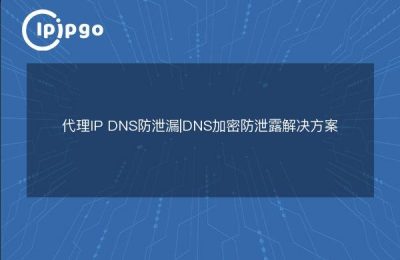
Fundamentals of Web Crawlers
Web crawlers are automated programs that are used to browse the Internet and gather information. They are commonly used in applications such as search engines, data mining and surveillance. Web crawlers rely on the HTTP protocol to fetch web content, but if they frequently request the same server, they are easily recognized and blocked by the server, which affects the normal operation of the crawler.
Role of IP Proxy
IP proxies help web crawlers to hide their real IP address and thus avoid the risk of being blocked by the server. When a crawler uses an IP proxy, the requests it sends go through the proxy server and use the proxy server's IP address to request content from the target server. In this way, even if the crawler frequently requests the same server, it will not expose its real IP address, reducing the possibility of being banned.
Selection and use of IP proxies
When choosing an IP proxy, you need to consider the stability, speed and privacy of the proxy. Stable proxies can ensure the continuous operation of the crawler, while fast proxies can improve the efficiency of the crawler. In addition, the IP addresses provided by some proxy servers may have been blocked or used for other illegal purposes, so you need to choose the proxy provider carefully and check and update the proxy regularly.
When using IP proxies, the crawler needs to implement IP proxy switching and management. For example, it can use a proxy pool to dynamically obtain available proxies, or realize automatic proxy switching to prevent being banned. At the same time, the crawler also needs to monitor the performance and availability of proxies, and deal with proxy failure or blocking in a timely manner.
By using IP proxies, web crawlers can better hide their identities and avoid the risk of being blocked, thus obtaining the information they need more efficiently. Therefore, IP proxies are crucial for web crawlers.








